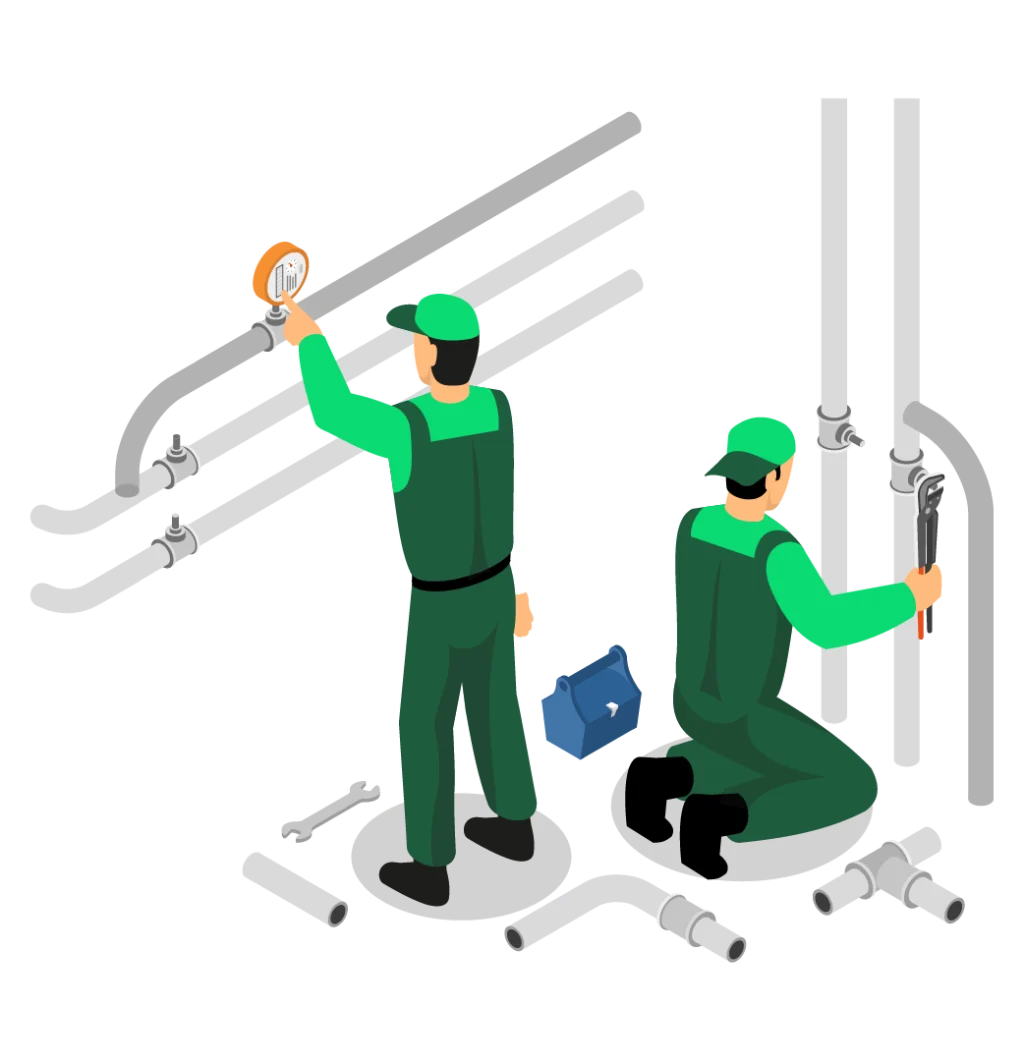Introduction
When it comes to homeownership, there’s one inevitability you can count on: plumbing issues. While some problems can be easily fixed with a wrench and a little know-how, others can escalate into full-blown emergencies. In this comprehensive guide, we’ll delve into the world of Emergency Plumbing, offering valuable insights, preventive measures, and DIY solutions to help you handle unexpected water-related crises with ease.
Understanding Emergency Plumbing
What qualifies as an emergency?
Not all plumbing problems are emergencies. An emergency plumbing issue typically involves situations that can cause significant damage to your home or pose health risks if left unattended. These include burst pipes, sewer backups, and major leaks.
Common emergency plumbing issues
- Burst pipes: Sudden temperature drops or weakened pipes can lead to burst pipes, causing water to gush into your home.
- Blocked drains: Stubborn clogs in your drains can result in sewage backing up into your living spaces.
- Leaking fixtures: A dripping faucet may seem minor, but prolonged leaks can lead to water damage and mold growth.
- Sewer backups: When your sewer system becomes clogged or damaged, it can cause sewage to flow back into your property.
Causes of Emergency Plumbing Problems
Burst pipes
Burst pipes are often caused by freezing temperatures or corrosion. Insufficient insulation can make pipes vulnerable to freezing, leading to cracks and ruptures.
Blocked drains
Hair, grease, and foreign objects are common culprits behind blocked drains. These clogs can restrict water flow and cause backups.
Leaking fixtures
Leaky faucets, toilets, or pipes are often the result of worn-out seals, loose connections, or damaged components.
Sewer backups
Sewer backups can occur due to tree root intrusion, clogs, or structural damage in the sewer line. They can be particularly messy and hazardous.
Preventive Measures for Emergency Plumbing
Regular maintenance
Regular plumbing inspections and maintenance can catch issues before they become emergencies. Have a professional plumber inspect your plumbing system annually.
Monitoring water pressure
High water pressure can strain your pipes, leading to leaks and bursts. Install a pressure-reducing valve to maintain a safe level of water pressure.
Proper disposal of waste
Avoid flushing non-flushable items down the toilet, and dispose of grease and food scraps in the trash rather than down the sink.
Steps to Take During an Emergency
Shutting off the main water supply
Knowing the location of your main water shut-off valve is crucial. In an emergency, turning it off can prevent further water damage.
Assessing the situation
Evaluate the severity of the problem. If it’s beyond your expertise, don’t hesitate to call a professional plumber.
Calling a professional plumber
In most emergency situations, it’s best to leave the job to the experts. A licensed plumber has the skills and equipment to handle complex issues safely.
DIY Solutions for Minor Emergencies
Dealing with a small leak
For minor leaks, you can use plumber’s tape or a pipe clamp as a temporary fix. However, it’s essential to call a plumber for a permanent solution.
Unclogging a drain
A plunger or a drain snake can help clear minor clogs. Avoid using chemical drain cleaners, as they can damage your pipes.
Importance of Having a Plumber’s Contact
Researching local plumbers
Research and compile a list of reputable local plumbers before an emergency occurs. This saves time when you need immediate assistance.
Creating an emergency contact list
Keep a list of emergency contacts, including your preferred plumber, in a convenient location for easy access during crises.
Costs of Emergency Plumbing Services
Factors affecting the cost
Emergency plumbing services can vary in cost based on factors like the time of day, severity of the issue, and location. Always request an estimate before work begins.
Budgeting for emergencies
To avoid financial stress during emergencies, consider setting aside a contingency fund specifically for unexpected plumbing repairs.
Conclusion
Emergency plumbing situations can be stressful, but with the right knowledge and preparation, you can minimize damage and ensure a swift resolution. Remember to stay calm, assess the situation, and call a professional plumber when needed. By following preventive measures and having a trusted plumber’s contact on hand, you can protect your home and family from plumbing disasters.
You may also like
-
Hiring An Architect To Design Your Home
-
Winter is Coming: A Kansas Building Manager’s Guide to Preventing Frozen Pipes with Commercial Plumbing Services in Kansas
-
How to Install an Artificial Hedge Easily
-
Get Exclusive Diwali Offers on Whirlpool Double Door Refrigerators
-
Who is Best Pipe and Joint System Supplier in Malaysia

